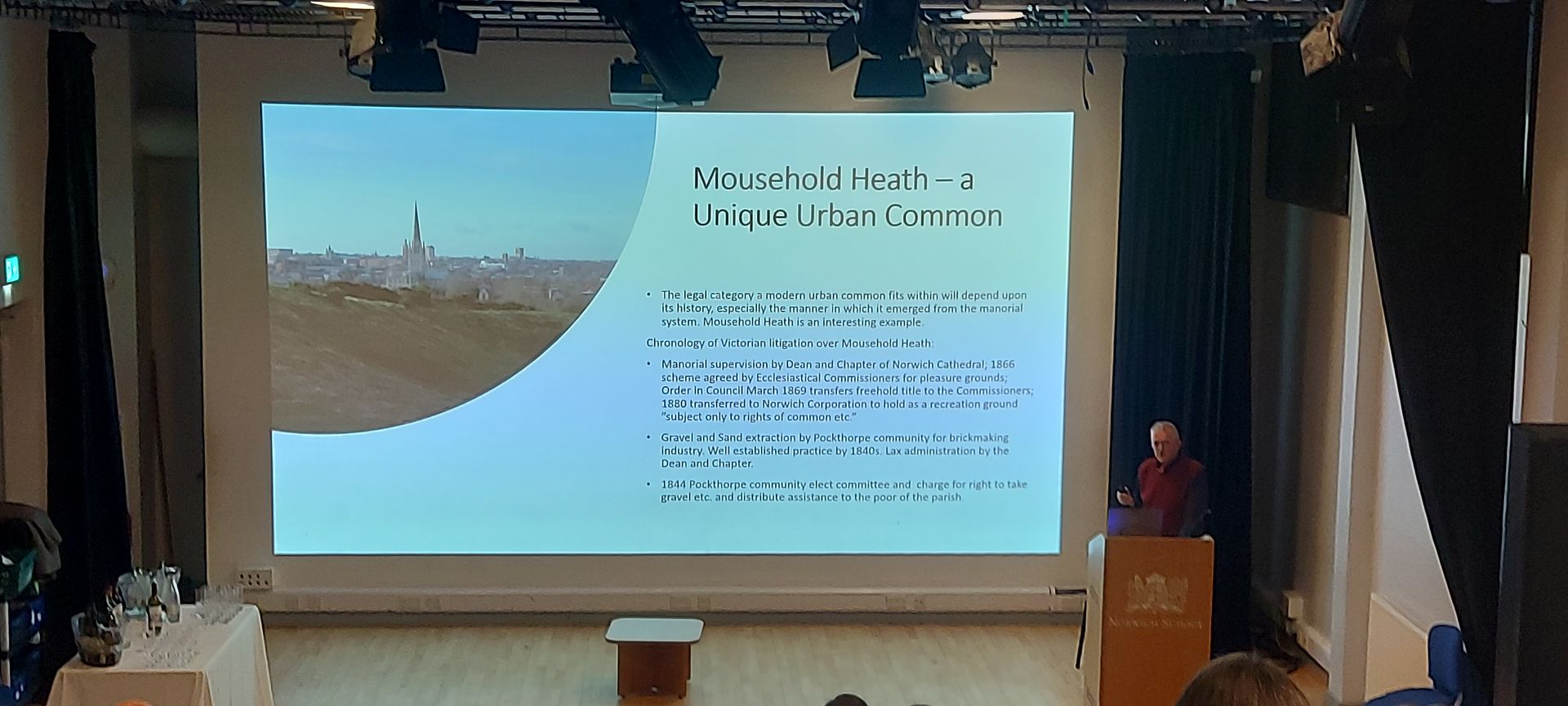The Importance of 'Movember' - An Assembly from Upper 6 Pupils, Noah Rastrick and Adam Spoor
November 19, 2024
November is the month of ‘Movember’ which sees many men grow out facial hair to raise money for issues affecting men, such as mental health issues and suicide. This powerful movement brings men of all ages, religions, races and background together to help raise money and awareness for this crucial cause. It helps stimulate discussion between people about mental health and their own stories and experiences. This conversation can be incredibly powerful as it can help people understand their thoughts and feelings and can offer new perspectives and solutions that could be lifesaving. When discussing personal matters such as mental health, it is important to be empathetic, avoid judgement and be there to listen, as merely being present can be enough.
Mental health is something that affects us all, regardless of gender, age, or background. Yet, there is a unique crisis when it comes to men. Studies worldwide indicate that men are far less likely to seek mental health support than women. And this is not without consequence. Men are at a much higher risk for suicide, accounting for nearly three-quarters of suicides globally, with young and middle-aged men being particularly vulnerable. Suicide is the leading cause of death for males aged 20-49 and this can simply not remain the case.
Society tends to raise boys with a particular set of expectations. Boys are often encouraged to be “tough,” “strong,” and “stoic.” From an early age, we’re subtly or sometimes overly telling boys that showing sadness, fear, or even asking for help are signs of weakness. Young men are told to “man up,” creating a cycle that follows them into adulthood. This ingrained idea that men should endure pain alone leaves millions to suffer in silence, dealing with feelings of inadequacy, isolation, and unexpressed pain that can result in depression, anxiety, or sometimes substance abuse.
It’s essential to understand why men often hesitate to seek help. Beyond societal expectations, there is a deep-rooted stigma surrounding mental health issues, particularly among men. Seeking therapy or admitting to feelings of depression can be perceived as a personal failure and a sign of weakness, rather than a courageous and necessary step toward healing. Many men feel they may be judged, that seeking support could reflect poorly on their character, their career, or even their relationships.
Furthermore, even for men willing to seek help, accessibility to mental health services can be limited. In many communities, mental health services are expensive, and navigating the healthcare system can feel overwhelming. Men might also struggle with the fear that talking about their feelings could expose them to criticism or reduce their standing among peers, family members, or colleagues.
So, how can we combat these stereotypes and get men the help they need? Firstly, we as a society need to create a culture that normalizes open conversations about mental health. When men can speak openly about their struggles without fear of judgment, we take a significant step toward reducing stigma. Whether it’s in the workplace, in sports, at home, or in social circles, we need to challenge outdated stereotypes about what it means to be a “real man.”
Many of you will know of a footballer named Dele Alli. A talented footballer who rose to fame playing for Tottenham Hotspur. For years, Dele was admired for his skills and his passion and it seemed as though he had the world at his feet. As he won the PFA young player of the year award in 2016, he was viewed as England's ‘golden boy’, many assumed life could not get much better for Dele. But behind his public success was a private struggle he had been carrying alone. On the back of recent media criticism for his apparent career downfall, Dele released an interview, in which he opened up about the true struggles he had hidden from the world. He revealed that he had been battling mental health issues, facing painful memories from a traumatic childhood, and dealing with addictions to substances, he had used to try and numb the pain. When he finally spoke out, it shocked many people, who had only seen him as a successful athlete. But it served as a powerful reminder that appearances can be deceiving—you never truly know what someone is going through, however happy and successful they may seem.
In Dele’s case, speaking up allowed him to get help. His openness led him to seek professional support, giving him the tools to deal with his past and move forward in a healthier way. When he shared his story with the world, he created a ripple effect, showing men everywhere that it’s okay to admit when you’re not okay. His courage inspired other men to realize that their struggles don’t define them, but hiding from them can only worsen the situation. Dele’s story acts as a reminder of the true importance of mental health and how it is always okay to not be okay and we should take inspiration from Dele’s bravery in standing up and talking about how he feels.
This International Men’s Day, we need to commit to supporting men’s mental health. Let us encourage men everywhere to open up, to share their struggles, and to seek help when they need it. Let us remind them, and ourselves, that mental health is just as important as physical health and that there is no shame in seeking help. Together, we can build a world where everyone feels confident enough to share their struggles and get the support they need to lead healthy and fulfilling lives.
- Adam Spoor and Noah Rastrick, Upper 6















